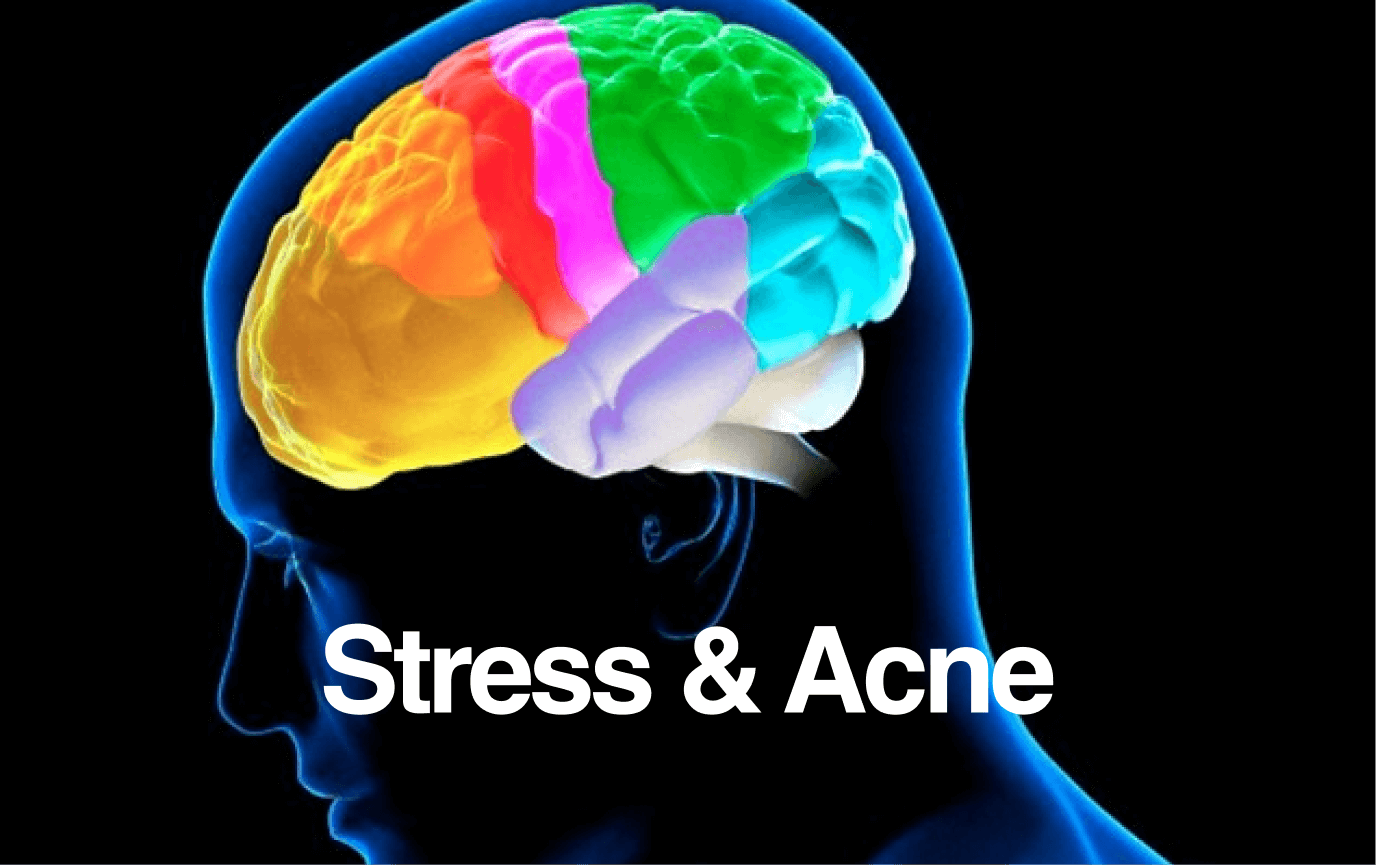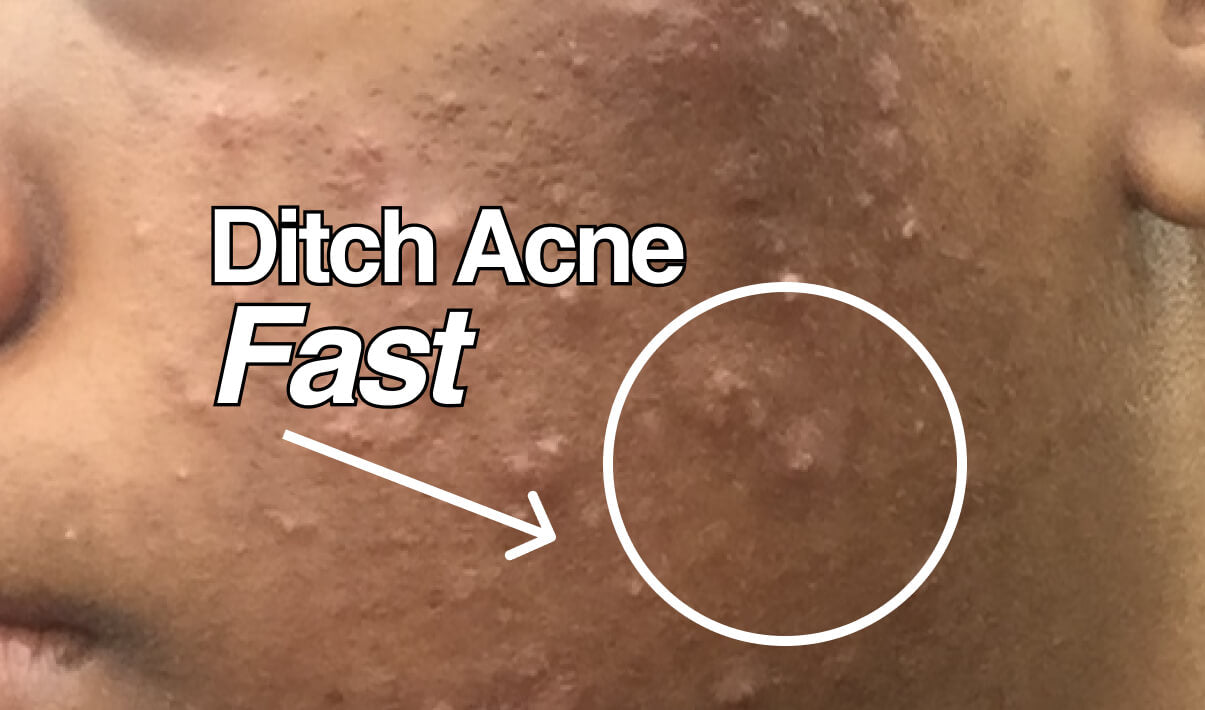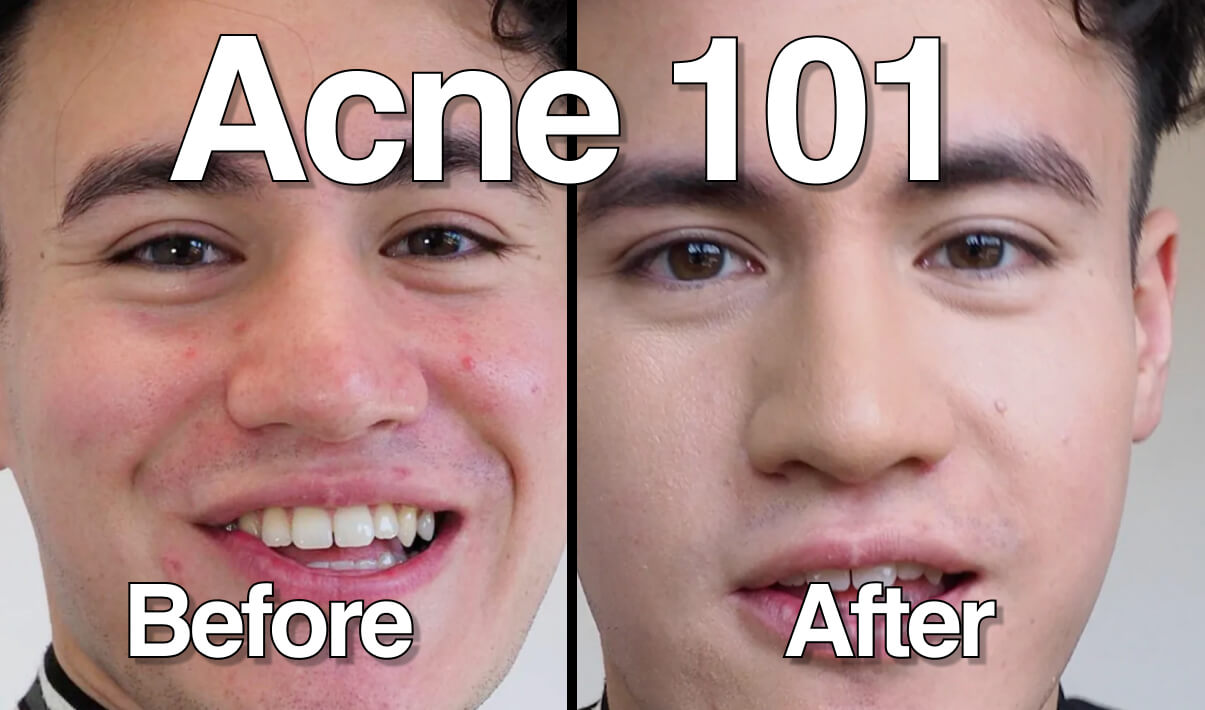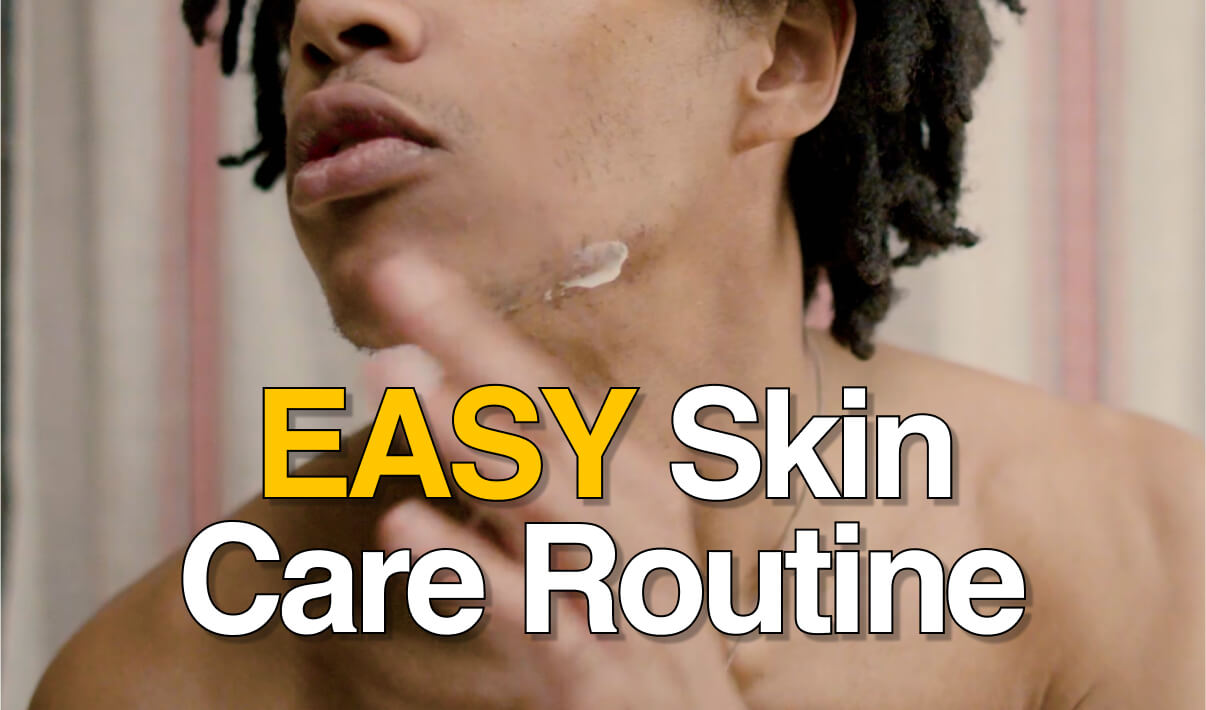Stress is an unavoidable part of life, and it can have a profound impact on our overall well-being, including our skin health. One common manifestation of stress is acne, a skin condition that affects millions of individuals worldwide. In this post, we'll explore the relationship between stress and acne, shedding light on how stress triggers breakouts. Additionally, here are practical coping strategies to manage stress effectively, promoting both mental well-being and clear skin.
The Link between Stress and Acne
Acne is a complex skin condition characterized by the formation of pimples, blackheads, and whiteheads. While several factors contribute to its development, stress plays a significant role in exacerbating acne symptoms. When we experience stress, our bodies release hormones like cortisol, which can stimulate oil production in the skin. The excess oil can clog pores and provide an ideal environment for the growth of acne-causing bacteria.
Moreover, stress compromises the skin's natural barrier function, impairing its ability to protect against external pollutants and irritants. This vulnerability increases the likelihood of inflammation and breakouts. Additionally, stress can disrupt the delicate balance of hormones in our bodies, further contributing to the development of acne.
Effective Coping Strategies for Stress Management
-
Practice Stress-Reducing Techniques: Engaging in stress-reducing activities can significantly alleviate the negative impact of stress on your skin. Explore mindfulness meditation, deep breathing exercises, or yoga to promote relaxation and reduce stress levels. Regular physical activity, such as jogging, swimming, or dancing, also helps release endorphins, which are natural mood boosters.
-
Prioritize Sleep: Adequate sleep is crucial for overall well-being, including skin health. Aim for seven to nine hours of quality sleep each night. Establish a consistent sleep schedule, create a relaxing bedtime routine, and ensure your sleep environment is comfortable and free from distractions. Quality rest will enhance your resilience against stress and promote healthy skin.
-
Adopt a Balanced Diet: Nourish your body and skin from within by consuming a well-balanced diet. Include plenty of fruits, vegetables, lean proteins, and whole grains. Avoid excessive consumption of sugary and processed foods, as they can trigger inflammation and worsen acne. Stay hydrated by drinking an adequate amount of water throughout the day to support skin hydration and detoxification.
-
Practice Good Skincare Habits: Maintaining a consistent skincare routine tailored to your skin type can help manage stress-related acne. Use gentle, non-comedogenic products to cleanse your face twice daily, followed by a suitable moisturizer. Avoid picking or squeezing pimples, as it can lead to scarring and further inflammation. Regularly change your pillowcases and clean your makeup brushes to prevent the accumulation of bacteria.
-
Time Management and Self-Care: Efficient time management and self-care practices are essential for stress management. Prioritize your tasks, set realistic goals, and delegate when possible to avoid feeling overwhelmed. Take breaks during the day to engage in activities you enjoy, such as reading, listening to music, or spending time in nature. Engaging in hobbies and self-care rituals can provide a much-needed respite from stress and promote a sense of well-being.
-
Seek Support: Don't hesitate to reach out to friends, family, or professional support when stress becomes overwhelming. Sharing your feelings and experiences can provide emotional relief and valuable insights. Professional therapists or counselors can offer guidance and teach stress-management techniques tailored to your specific needs.
TL;DR
Stress is an undeniable aspect of modern life, and its impact on our skin health should not be underestimated. By understanding the connection between stress and acne, we can implement effective coping strategies to manage stress and promote clear, healthy skin. Prioritizing stress reduction techniques, adopting a balanced lifestyle, and seeking support when needed are crucial steps towards achieving both mental well-being and radiant skin. Remember, taking care of your overall health will reflect positively on your skin, allowing you to face the world with confidence.







